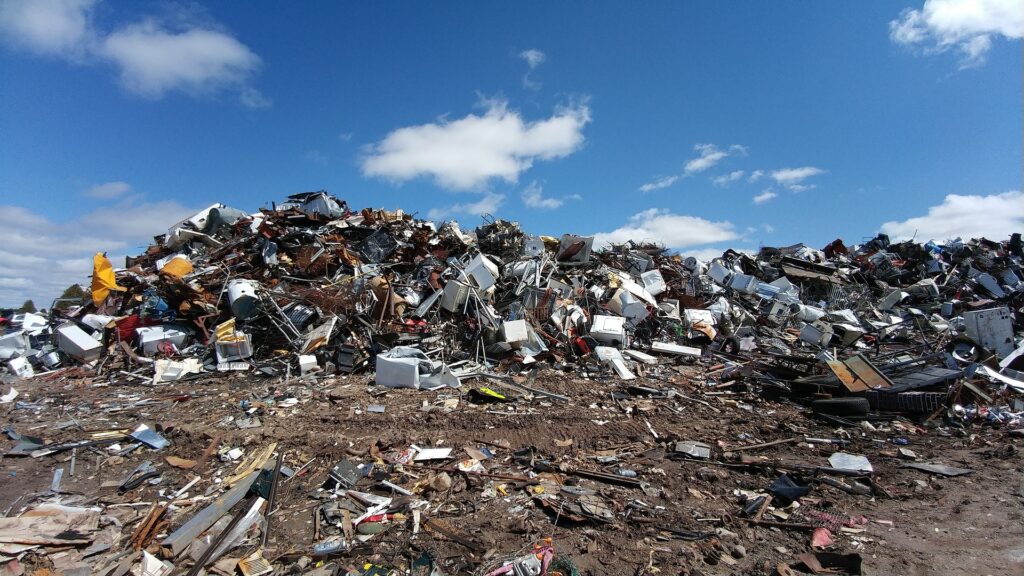TWO-thirds of waste thrown into landfill bins by Scottish households could be recycled, damning new figures show.
A new Zero Waste Scotland report – The Composition of Household Waste at the Kerbside – shows that, on average, 60% of what goes in the non-recyclable ‘landfill’ bin could have been recycled.
That works out at around 670,000 tonnes of recyclables.
Broken down to individuals, that makes more than 10 full wheelie bins per household per year that should have gone to recycling,
The cost to councils of disposing of these recyclables in landfill would be around £54million in landfill tax.
The 15,000 tonnes of plastic drinks bottle found in residual waste could be worth between £375,000 and £1.95million if they were recycled instead.
The report goes on to highlight that food waste is the largest recyclable waste type found in bins.
It shows that only 27% of food waste collected by local authorities is typically captured in kerbside recycling services, with the rest ending up in the wrong bin.
That’s in spite of 80% of Scottish households, around 1.8million, having access to a food waste caddy.
The new composition data also showcases the huge progress the country has made on recycling.
The volume of almost all recyclable waste types being disposed of in the landfill bin – from paper to glass and textiles, and including food waste – has decreased from 2009.
Roseanna Cunningham, Cabinet Secretary for the Environment, Climate Change and Land Reform, said: “ I support Zero Waste Scotland’s call for us all to recycle even more in 2018.
“The findings of this report clearly show us where we need to focus our collective efforts – bringing us closer to those targets and generating benefits for our economy, our communities and our environment.”
Iain Gulland, Chief Executive, Zero Waste Scotland, said: “This report highlights a huge opportunity for all of us to continue to make the right choices when it comes to our waste.
“Recycling is the right thing to do for our environment and our economy – and I would urge everyone to resolve to recycle more in 2018. It’s an easy thing to do, and something you can rightly feel good about.”
He added: “The report clearly shows that recycling more food waste is something we can all do better.
“When food waste goes to landfill it degrades and emits greenhouse gases, which contribute to climate change. Our research, made possible thanks to our world-leading carbon metric tool, shows that food waste alone accounts for 17% of all carbon impacts from Scotland’s waste.
“If food waste is recycled instead, those harmful gases can be captured and turned into energy. Recycling other materials also provides associated benefits like these to Scotland.”
What do you think? Join the conversation on our facebook page here.
WANT TO LEARN MORE: Read: Zero Waste Scotland waste composition
IMAGE CREDITS: cc VKingXl

